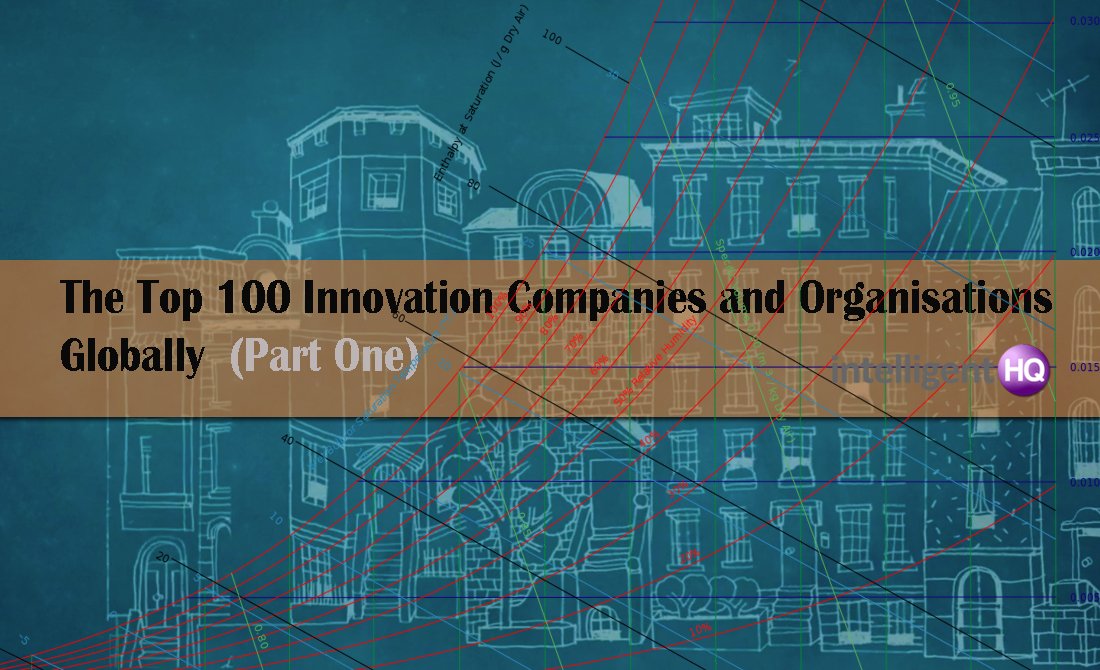The electric utility industry is on the brink of dramatic change. The evolution of more efficient, sensing, and highly-intelligent demand-side energy resources and microgrid infrastructures has begun to take more precedent. Electric consumers continue to want reliable electric supply, competitive prices, and quality service from their utilities. But they also want flexibility of options to accommodate changes in their lifestyle and cleaner, less polluting and damaging energy sources which resonate with their values. Not that long ago it simply was not feasible for utilities to deliver clean energy to consumers, in a reliable way and cost competitively. Today, utilities, consumers, and policymakers better understand the relationship between demand-side and upstream power generation resources. Clean energy technology has matured. It has become an ethical, economic, political, and technical superior solution to deliver consumers what they want, and at a price and service which aligns with their needs. One of the breakthroughs has been for clean energy has been the ability to manage data and information. The information revolution of the past twenty years has fed a data-driven culture, enabling greater efficiency and transparency in most industrial sectors.
Data: our new love affair
Today, we leverage our knowledge and intellect more and more as we continue to pursue and push the limits of both discovery-and-purpose-driven innovations. Data is our new love affair, accelerated and accentuated by our courtship with electricity. We live in a hardware-software world marked by sensing, collecting, assessing, and manipulating data and information. Powered by our electric-culture we use data to assess and understand patterns in behavior and the world around us. Whether we are online in the comfort of our home or in-line at the local grocery store, chances are we’re being tracked, monitored, and assessed. We have a fascination with understanding human behavior. This is ironic seeing how we are all human; and who else can understand us better than ourselves?
The will to act for a sustainable future
The rate of technological innovation is outpacing our ability to reconcile the unintended collateral damage of putting blind trust into new technological innovations. There are trade-offs to every product. Most trade-offs go unnoticed, and are inconsequential to human health and the environment. But for every innovative product that does society good, there is a devious stepchild that can intentionally or unintentionally cause us harm. Amid our fascination for creating an algorithm for everything human, we have not yet devised a formula that can accurately predict the future.
We have been living in an era of the “I-economy,” where we can get almost anything we want when and where we want it. This is the most wasteful, inefficient, and selfish economic systems we can have. Facebook and Google advertisements are using big data to mine our preferences, what we search for, who we know, what our likes are, to customize a commercial reality to our inbox and if they could have it, our pocketbook. This is our price for living in a fast-paced data-driven economy. Aside from going off the grid there may not be a practical way to challenge this new status-quo. The new reality is that humans are but “1’s” and “0’s” of computer code to be analyzed and marketed to. From a marketing perspective this has created enormous efficiency. From a consumption perspective this perpetuates unconscious consumption of the earth’s resources.
Oil: a byproduct of earth’s evolution
The following metaphor further embellishes our current state of affairs. Oil in itself is not necessarily bad. It’s a byproduct of earth’s evolution. It’s a resource and a medium of energy for to choose to use or not. It is however the ways in which we’ve chosen to use oil that are harmful to human health and the environment, and which we have long undervalued. The earliest use of oil dates back more than 4,000 years to Greece. Like the incandescent light bulb however, the modern commercial-scale use of oil did not take root until the early to mid-1800s (about 150 years ago). The global change that has transpired since a Scottish chemist named James Young first noticed a natural petroleum flow in Derbyshire in 1847 has been remarkable. For better and for worse, humanity has built, just as we did with electricity and lighting, an economy and lifestyle around oil.
The world’s oil economy is far too complicated to make reasonable predictions upon. I do believe that in my child’s lifetime the manner in which we value and use oil will fundamentally change as a society, much the way we have already shifted our bond with the incandescent light bulb. With oil, the fallout of a relationship gone awry may be more profound however. Whereas the incandescent light bulb is getting a makeover (lighting is simply becoming more energy efficient with new technology), oil stands a greater chance of being abruptly disrupted. The disrupters are carbon, children, and collective consciousness.
Signs of change
Elon Musk’s Tesla Motors and their proposed Giga Factory represents a strong market signal that we are in the midst of dramatic change. Although on a total sales volume basis electric vehicles remain miniscule compared to overall sales of internal combustion engine (ICE) powertrains, the power shift has begun. Just as incandescent bulbs are being phased out, making room for more efficient LED’s, Tesla is a next-generation company challenging conventional wisdom and a 100+ year old product (the ICE), and its associated infrastructure. Instead of emitting tailpipe emissions, electric vehicles will push emissions concerns upstream to electric utilities and power generation companies, who are also being pushed by regulatory and pulled by market forces to reduce greenhouse gases and adopt cleaner energy sources. The transition to a lower carbon economy has been slow, however companies including Tesla are stimulating market demand with exciting products and accelerating the will to act by policymakers, consumers, and energy companies. Making the change to a low carbon economy is not a question of technology or capability. It is a question of personal (and societal/generational) integrity and leadership: do we have the courage and will to act?
Trust and accountability: The new generational intelligenceOur data-driven culture has begun to provide us with (albeit there is much more improvement needed) new tools for predicting weather and climate change, particularly associated with anthropogenic CO2 emissions. Such data analysis tools are enabling a new generation of soothsayers, oracles, mystics, and astrologers – they are called scientists – that have an ability to predict future climatic conditions. This leaves humanity with an enormous responsibility and ethical question. If we are aware of our collective impacts on the earth’s ecosystems, and more knowledgeable about the environmental, human health, and financial risks that could arise, what do we do? What is our responsibility to act? When should we act?
We cannot live with ambivalence or ignorance to what is happening in the world. Although we may be able to turn our television or iPad off, we know that change is imminent. The question we must now ask ourselves is whether we have the personal and generational will to do something about it? A great deal of progress has, and continues to be made, toward a more sustainable future. Will we wait another 100 years before we reinvent products, technologies, or services that are unnecessarily burdening humanity? Our future is, as it has always been, in our own hands. How can we converge and leverage the tools, technologies, and innovations already at our disposal to accelerate progress in the face of change?
How a generational will can foster a more sustainable future part 1
Mark Coleman is a recognized voice, business advisor and consultant on the convergence of sustainability, environmental stewardship, energy, technology, and innovation.
Mr. Coleman is an active blogger with the Huffington Post, and has published numerous articles with leading organizations including GreenBiz.com, Environmental Leader, Triple Bottom Line Magazine, among others.
Mr. Coleman is the President of Convergence, Mitigation, Management (CMM) LLC, which provides custom business intelligence and advisory services for business, government, applied research, not-for-profit, and non-governmental organizations.
Mr. Coleman has advised hundreds of organizations in the areas of sustainability, risk, innovation, operational effectiveness, and business strategy. Much of this work led Mr. Coleman to write and publish two books, Time To Trust: Mobilizing Humanity for a Sustainable Future (Motivational Press 2014, www.timetotrustbook.com) and The Sustainability Generation: The Politics of Change and Why Personal Accountability is Essential NOW! (SelectBooks 2012, www.thesustainabilitygeneration.com) both of which highlight his perspective on holistic systems-level logic and theory for advancing humanity beyond the status-quo toward more integrated and mutual models of sustainable development.
Mr. Coleman currently serves on the board of the Sustainable Manufacturer Network (http://sustainablemfr.com/), and on the board of a not-for-profit organization, B9 Plastics (www.b9plastics.org) involving global water development concerns.
Mr. Coleman resides in the Finger Lakes region of New York with his wife Aileen and two sons, Owen and Neal.
Web:
Website: www.timetotrustbook.com
Twitter: @TheSustainGen
























